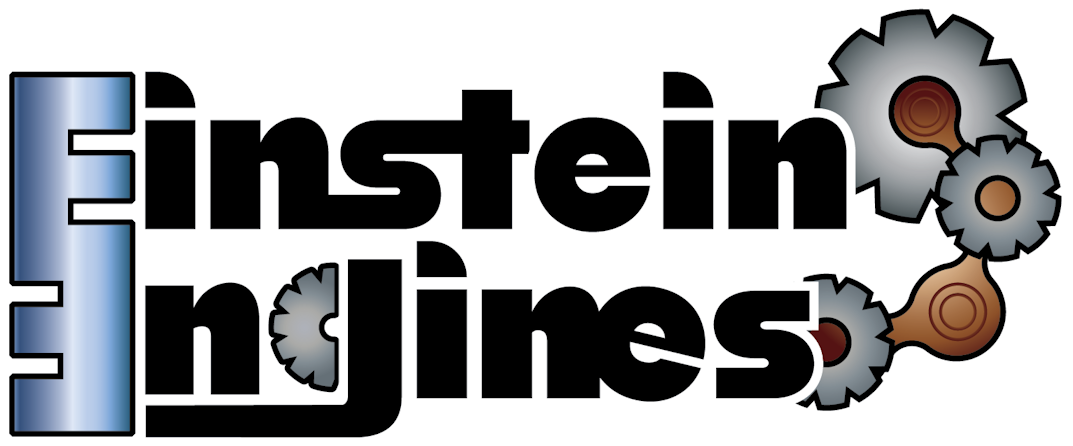Waypoint-14 is an Einstein Engines (read below) fork; focusing on MRP-HRP event-focused, storyteller-led "sessions" played weekly with the main focus on players navigating an interesting narrative-led world and creating their own stories with the tools given to them.
It takes place in the year 2324 (current date); following the aftermath of the Second Contact War. The Inter-Galactic Highspeed FTL Relay has been nearly fully annihilated, leaving travel times from the Sol Systems to the Frontier Colonies rising from a few days; to several months. The lower speed leaves merchants and transport vessels vunerable to piracy and interception, as well as vastly complicating the logistics of travel. The Corporate Coalition (CC) has formed from a collective of defense, research, transport and mining companies to build a network of Waypoint stations to secure the vast swathes of unprotected space; as well as easing the logistic load of any shipping between the two sectors.
Waypoint-14 follows the events on Waypoint-14, a middle-of-the-chain station in the Astromena Sector supplying and protecting civilian shipping between the Frontier and Sol Sectors..
Einstein Engines is a hard fork of Space Station 14 built around the ideals and design inspirations of the Baystation family of servers from Space Station 13 with a focus on having modular code that anyone can use to make the RP server of their dreams. Our founding organization is based on a democratic system whereby our mutual contributors and downstreams have a say in what code goes into their own upstream. If you are a representative of a former downstream of Delta-V, we would like to invite you to contact us for an opportunity to represent your fork in this new upstream.
Space Station 14 is inspired heavily by Space Station 13 and runs on Robust Toolbox, a homegrown engine written in C#.
As a hard fork, any code sourced from a different upstream cannot ever be merged directly here, and must instead be ported. All code present in this repository is subject to change as desired by the council of maintainers.
No official servers will ever be made for Einstein-Engines.
In order to prevent a potential conflict of interest, we will never open any server directly using the Einstein Engines codebase itself. Any server claiming to be an official representation of this fork is not endorsed in any way by this organization. We however would like to invite anyone wishing to create a server to make a fork of Einstein Engines.
Website | Discord | Steam(SSMV Launcher) | Steam(WizDen Launcher) | Standalone
We are happy to accept contributions from anybody, come join our Discord if you want to help. We've got a list of issues that need to be done and anybody can pick them up. Don't be afraid to ask for help in Discord either!
We are currently accepting translations of the game on our main repository. If you would like to translate the game into another language check the #contributor-general channel in our Discord.
Refer to the Space Wizards' guide on setting up a development environment for general information, but keep in mind that Einstein Engines is not the same and many things may not apply. We provide some scripts shown below to make the job easier.
- Git
- .NET SDK 8.0.100
- Clone this repository
- Run
git submodule update --init --recursivein a terminal to download the engine- Run
Scripts/bat/buildAllDebug.batafter making any changes to the source- Run
Scripts/bat/runQuickAll.batto launch the client and the server- Connect to localhost in the client and play
- Clone this repository
- Run
git submodule update --init --recursivein a terminal to download the engine- Run
Scripts/sh/buildAllDebug.shafter making any changes to the source- Run
Scripts/sh/runQuickAll.shto launch the client and the server- Connect to localhost in the client and play
I don't know anybody using MacOS to test this, but it's probably roughly the same steps as Linux
Please read the LEGAL.md file for information on the licenses of the code and assets in this repository.
